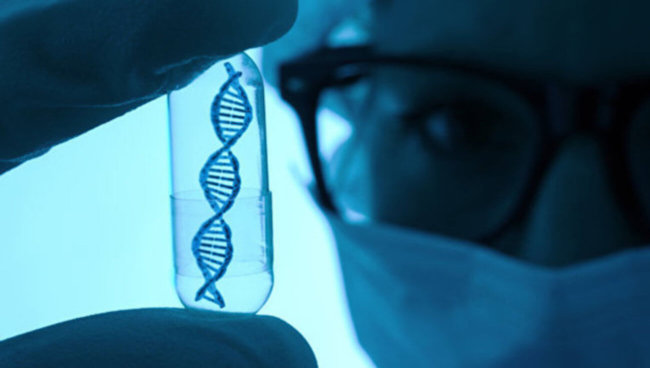
Genetics in animal experiments have long been used by the editor of the genome of CRISPR/Cas9, scientists from the United States first in the world moved to a new stage of testing: experiments on humans. They were able to successfully disable the gene Oct4 in a one-day human embryo.
Experts argue that in their experiment there is nothing that would contradict the generally accepted norms of ethics. For example, for artificial insemination in clinics because of the high probability of death of a fetus, the doctors use up to 30 eggs. The rest are “extra”. Their scientists and used for experiments. One of the scientists involved in the experiment, James Turner, said that this study is the first in history when genetics was able to successfully exclude the influence of one of the genes responsible for the development of the embryo, and also discover some “unexpected features of the Oct4 gene”.
In particular, it became clear that his role in the development of the embryo lies in the growth of embryonic stem cells and the formation of the placenta. Deactivation of the gene causes cell death of the human embryo at a very early stage. Remarkably, such changes in embryos of rodents in the “off” of the same gene does not occur. In addition, if the damage of the Oct4 gene in humans, develops hypertrophy of the heart. So in theory replacing a “broken” gene can lead to the birth of a healthy person.
Now the American scientists intend to continue experimenting in editing the genome of human embryos. They hope that in the future with the help of CRISPR/Cas9 will be able to achieve success in the prevention of a number of dangerous diseases, in particular diabetes, neurodegenerative diseases, congenital intolerance to certain foods and so on.
Scientists for the first time “turned off” the gene in the human embryo
Vladimir Kuznetsov